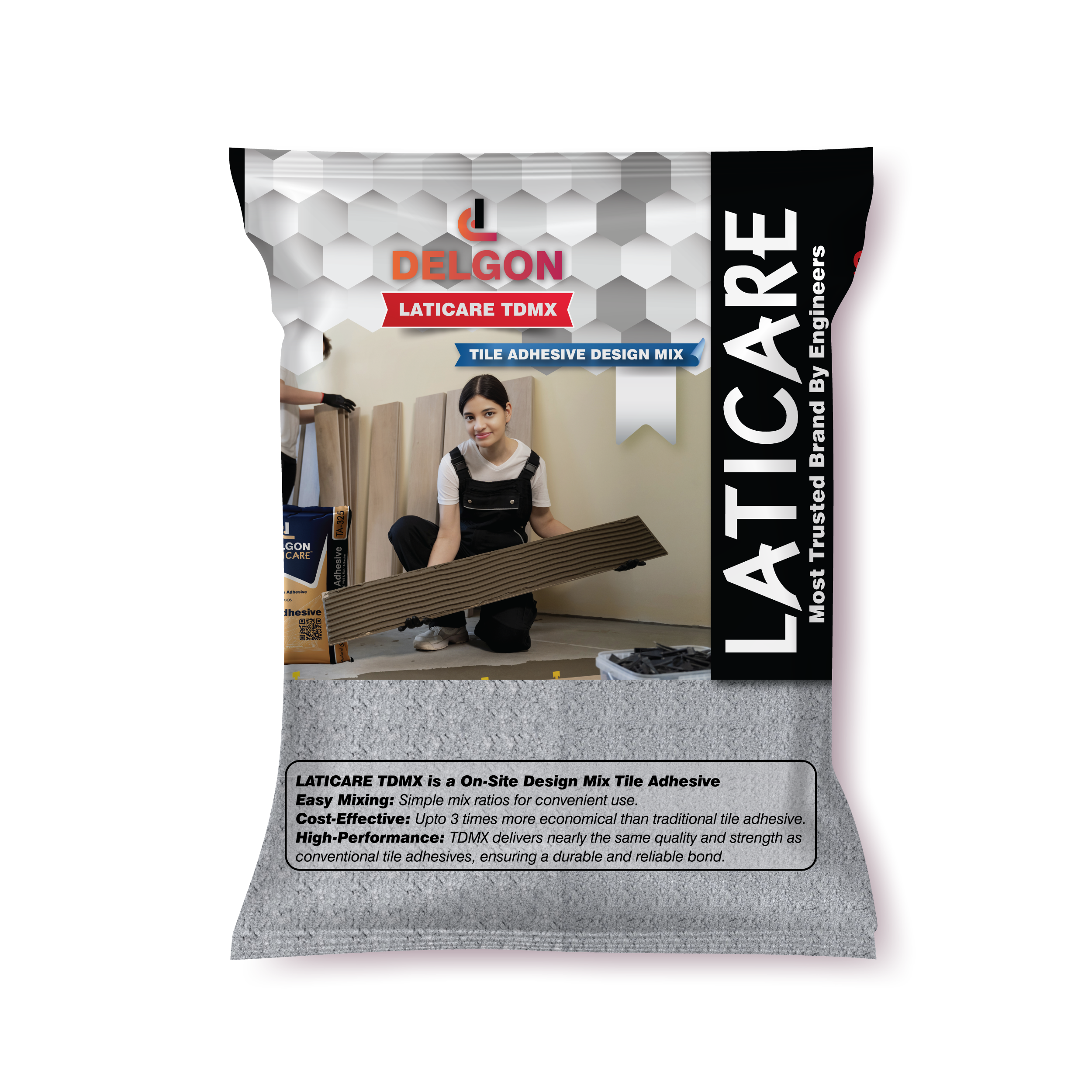Introduction
When it comes to achieving a successful and lasting tile installation, the choice of tile adhesive plays a crucial role. Whether you’re embarking on a DIY project or a professional installation, selecting the right tile adhesive can make all the difference in the final outcome. In this guide, we’ll delve into the world of tile adhesives, their types, and key considerations to ensure your tiling project is a resounding success. We’ll also spotlight the renowned company Delgon Laticare and their contribution to the field of tile adhesives.
Understanding Tile Adhesives
Tile adhesives, also known as tile mortars or thin-set adhesives, are specialized formulations designed to bond tiles to various surfaces. They provide the foundation for a secure and durable tile installation. There are several types of tile adhesives available, each tailored to specific tile materials, application areas, and conditions. Let’s explore the key types:
- Cement-Based Tile Adhesives: These are the most common types of adhesives and are suitable for most indoor applications. They consist of cement, sand, and polymers that enhance adhesion, flexibility, and water resistance.
- Epoxy Tile Adhesives: Known for their exceptional durability and chemical resistance, epoxy adhesives are often used in heavy-duty and high-traffic areas. They’re suitable for bonding various tile materials, including non-porous ones.
- Polymer-Modified Adhesives: These adhesives combine cement with polymer additives, resulting in improved flexibility and water resistance. They are ideal for areas with temperature fluctuations and moisture exposure.
- Pre-Mixed Adhesives: Ready-to-use adhesives that are convenient for small projects or quick installations. They come in a paste-like form and are typically used for light-duty applications.
Choosing the Right Tile Adhesive
Selecting the correct tile adhesive involves considering several factors to ensure a successful installation:
- Tile Material: Different adhesives work best with specific tile types, such as ceramic, porcelain, natural stone, or glass. Always refer to the manufacturer’s recommendations.
- Application Area: Consider whether the tiles will be installed indoors, outdoors, in wet areas like bathrooms, or high-temperature locations like near stoves. Certain adhesives are formulated for these specific conditions.
- Substrate Preparation: The surface you’re tiling onto must be clean, dry, and properly prepared. Some adhesives require specific primers or treatments for optimal bonding.
- Traffic Load: For areas with heavy foot traffic or vehicle movement, opt for adhesives that provide enhanced durability and resistance to mechanical stress.
- Environmental Considerations: If you’re aiming for a green installation, look for eco-friendly and low-VOC adhesive options.
Delgon Laticare: A Spotlight
One notable player in the field of tile adhesives is Delgon Laticare. With a rich history and a commitment to innovation, Delgon Laticare has gained recognition for producing high-quality tile adhesive solutions that cater to various installation needs. Their product range includes cement-based, epoxy, and polymer-modified adhesives, ensuring that their customers have access to options that align with their project requirements.
Conclusion
Choosing the right tile adhesive is a critical step in ensuring the longevity and stability of your tile installation. By considering factors such as tile material, application area, and substrate preparation, you can make an informed decision that guarantees the success of your project. Remember to explore reputable companies like Delgon Laticare that offer a diverse range of adhesive solutions tailored to different installation scenarios. With the right adhesive and proper installation techniques, you’re well on your way to achieving a flawless and enduring tile installation.

